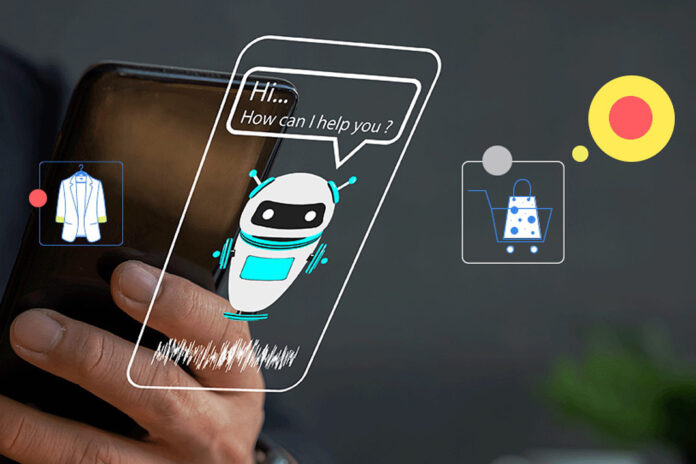Personalization has become a cornerstone of consumer expectations. This trend is particularly evident in the health and wellness sector, where tailored products and services can significantly enhance user experience and satisfaction. Recent statistics underscore this shift: nearly one in five US consumers and one in three US millennials show a preference for personalized offerings. Although the demand for personalized wellness products has slightly decreased, this is likely a reflection of consumers becoming more discerning about the quality and relevance of personalized solutions they choose to invest in.
The Current Landscape of Personalization
Technological advancements and the increasing use of first-party data are driving a new era of personalization. In the US and UK, about 20% of consumers actively seek personalized products and services. In China, this figure rises to 30%, highlighting a significant market opportunity. One of the most intriguing developments in this field is the integration of biometric data to enhance personalization. By leveraging biometric inputs, companies can offer highly customized recommendations, ranging from dietary plans to fitness routines.
Generative AI (Gen AI) is at the forefront of this personalization revolution. Gen AI has the capability to analyze vast amounts of data and generate highly personalized content and recommendations. For health retailers, this means the ability to offer products and services that are not only personalized but also dynamically responsive to individual user data.
In the wearables and app space, Gen AI is already making a significant impact. For example, some fitness wearables use Gen AI to analyze user data—such as activity levels, heart rate, and sleep patterns—and design customized workout plans. This level of personalization goes beyond generic advice, providing users with actionable insights tailored to their unique health profiles.
The Benefits of Gen AI-Driven Personalization for Health Retailers
Enhanced Customer Satisfaction: Personalized experiences lead to higher customer satisfaction and loyalty. When consumers feel that a product or service is designed specifically for them, they are more likely to engage and make repeat purchases.
Increased Sales and Conversion Rates: Personalization can significantly boost sales and conversion rates. By offering products that meet individual needs, health retailers can improve their chances of converting prospects into customers.
Data-Driven Insights: Gen AI enables retailers to gather and analyze data at an unprecedented scale. This data-driven approach can uncover new market trends and consumer preferences, allowing for more strategic decision-making.
Competitive Advantage: Early adopters of Gen AI in personalization can set themselves apart from competitors. By offering superior personalized experiences, these companies can attract a more loyal customer base and increase market share.
Implementing Gen AI in Health Retail
To successfully integrate Gen AI into their personalization strategies, health retailers should consider the following steps:
Invest in Robust Data Infrastructure: High-quality, first-party data is crucial for effective personalization. Retailers need to invest in systems that can securely collect and manage this data.
Collaborate with Technology Partners: Working with technology providers specializing in Gen AI can help retailers quickly implement and scale personalized solutions.
Focus on User Privacy and Transparency: As personalization relies heavily on personal data, it is essential to maintain high standards of data privacy and transparency. Consumers need to trust that their data is being used ethically and securely.
Continuous Innovation and Testing: The field of Gen AI is rapidly evolving. Health retailers should continuously test and refine their personalization strategies to stay ahead of the curve and meet changing consumer expectations.
The trend towards personalization in health retail is gaining momentum, driven by technological advancements and the rise of Gen AI. By leveraging Gen AI to offer highly customized products and services, health retailers can meet the growing demand for personalized experiences, enhance customer satisfaction, and gain a competitive edge. As consumers become more selective, the ability to deliver precise, data-driven personalization will be key to success in the health and wellness market.
Sources:
McKinsey & Company: “Personalization 2021”
Statista: “Consumer Demand for Personalized Products 2023”
Deloitte Insights: “The Future of Personalization in Health and Wellness”
Accenture: “Gen AI in Consumer Products”






